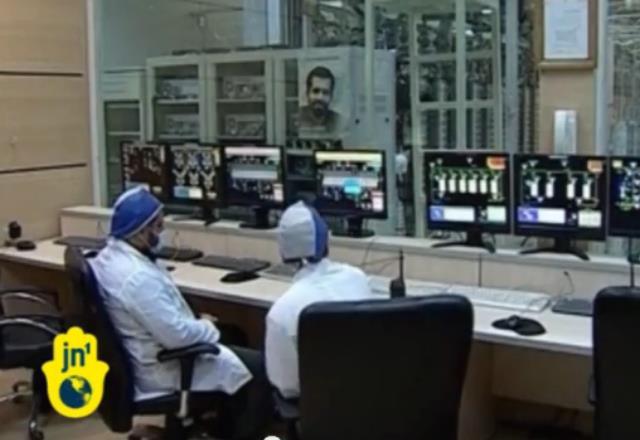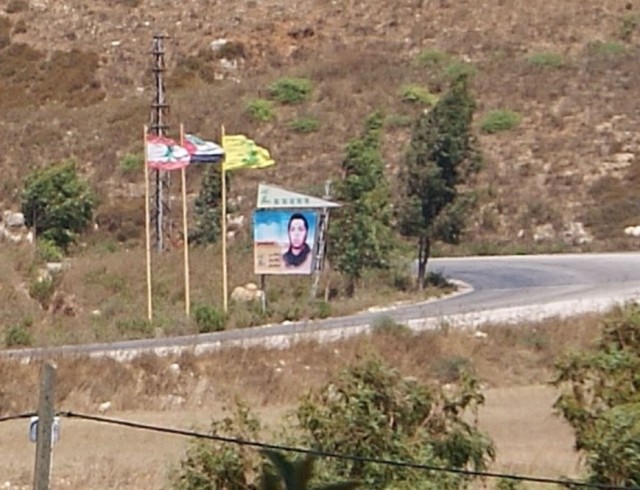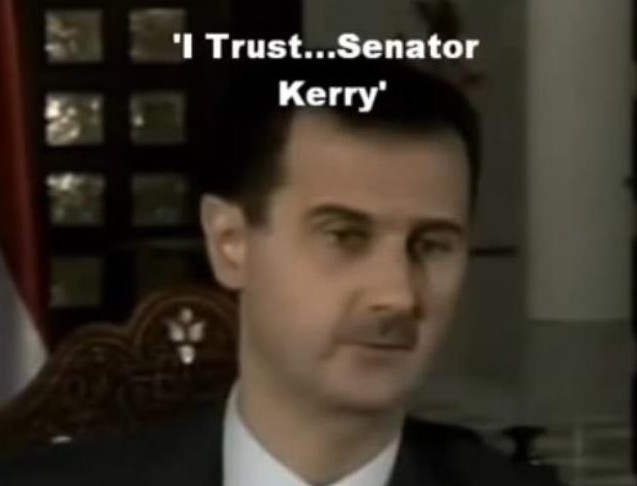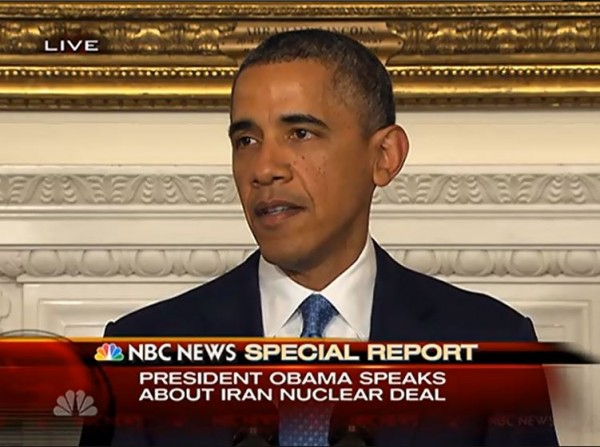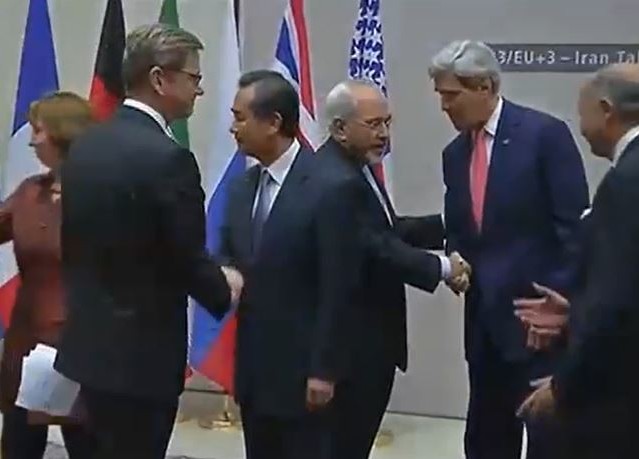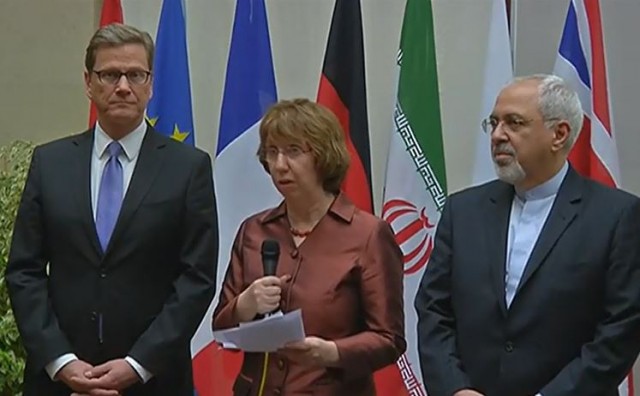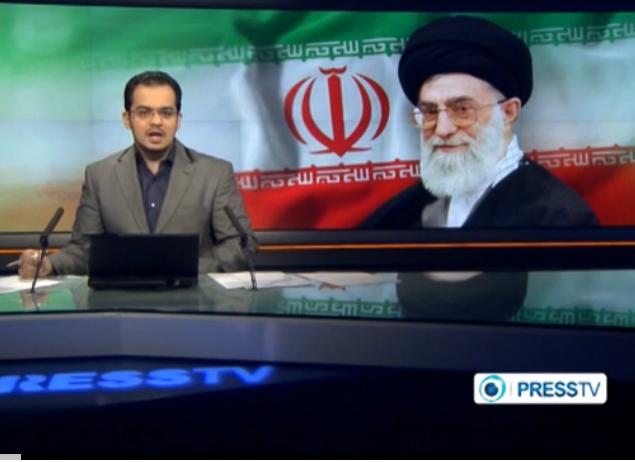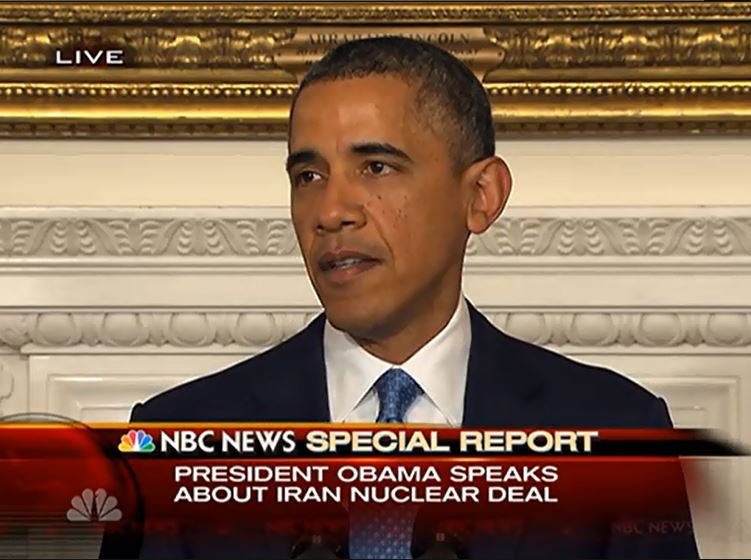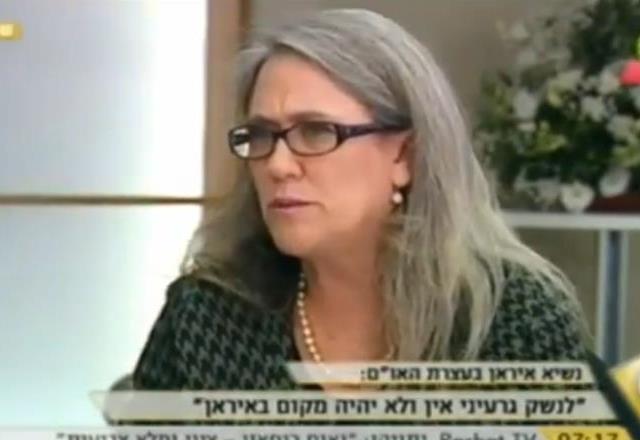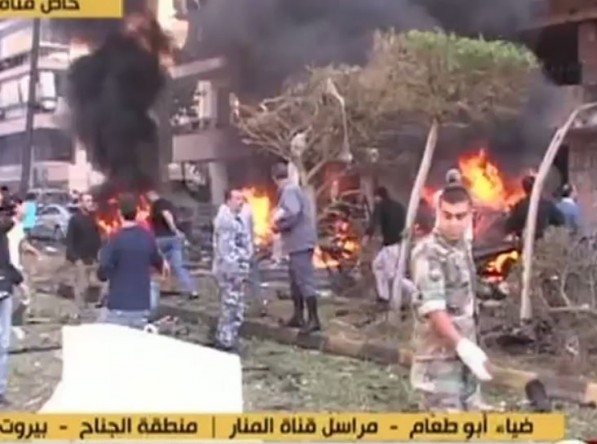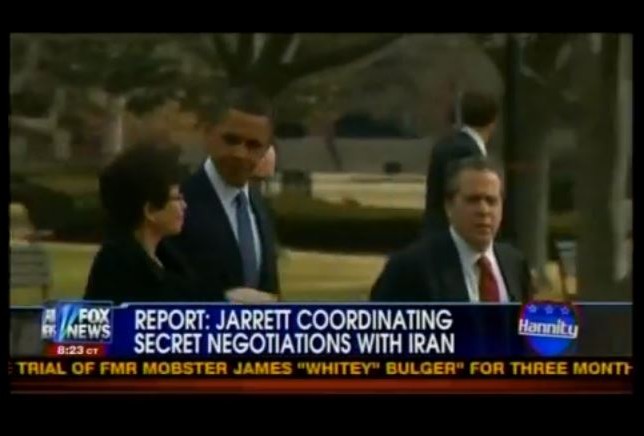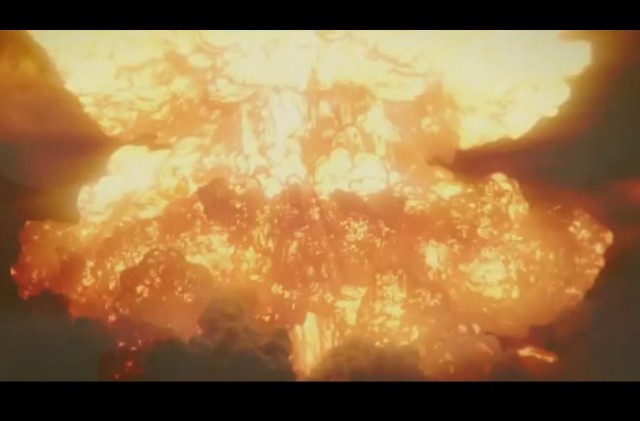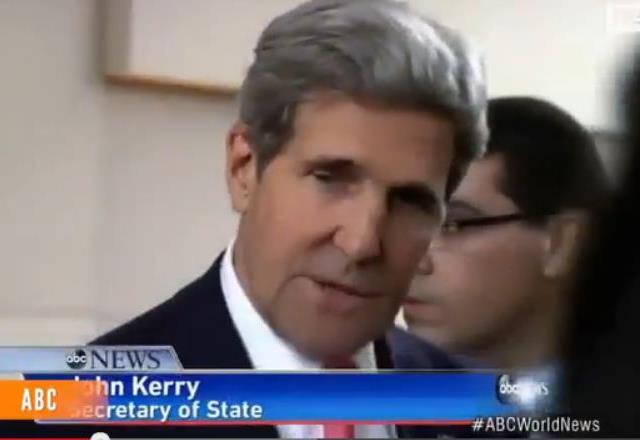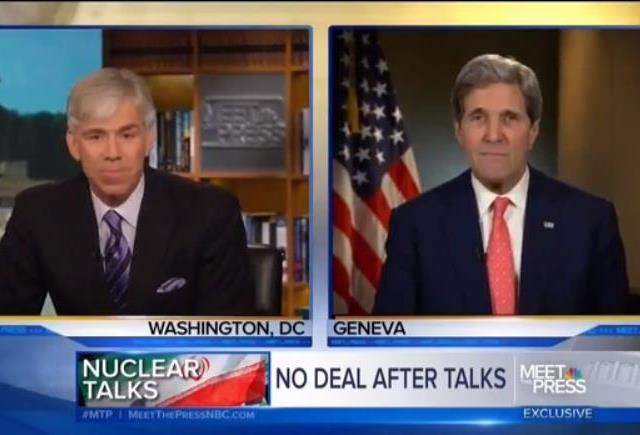The Washington Post's fact checker, Glenn Kessler asks, "
Did the United Nations demand Iran suspend uranium enrichment as part of a final deal?"
At issue are statements made by Senators Robert Menendez and Bob Corker about Iran's right to enrich on the Sunday morning talks shows.
Kessler, for example, took exception to Corker's response here:
CBS NEWS’S JOHN DICKERSON: Senator Corker, is it a red line for you? You talked about the standards of any ultimate deal. Is enrichment of any kind by Iran, is that something everybody should stay focused on? That any deal that includes that is a non-starter for you, because, of course, the Iranians say that they expect to be able to keep enriching?
SEN. BOB CORKER (R-Tenn.): Yes, so to me that’s a baseline that the U.N. Security Council has agreed to, I think, six times, certainly this administration negotiated that in 2010. So they negotiated that in 2010. So as long as they can enrich, it seems to me that we are violating the very standards that we set in place in the first place.
– exchange on CBS’s “Face the Nation,” Dec. 1, 2013
Kessler didn't hand out any Pinnochios to the senators but still found fault with their responses:
With their comments, Menendez and Corker might have left viewers with the impression that the U.N. resolutions already require a suspension of enrichment in any final agreement. That’s not the case — though it can certainly be an ongoing demand.
The administration, for its part, appears to have set that goal aside in an effort to keep the diplomacy moving. The lawmakers are certainly within their rights to call attention to this decision, but they should be more precise in their language about what the U.N. resolutions actually require. Given that they were speaking on live television and this is a complex issue, their comments, at this point, do not yet rise to the level of a Pinocchio.
Perhaps the senators were a bit sloppy, but I think the question asked of them was misleading. The question shouldn't have been whether Iran would be allowed to enrich uranium as part of any final agreement, but whether Iran would prove that its nuclear program was strictly civilian.
In introducing his analysis, Kessler wrote:

